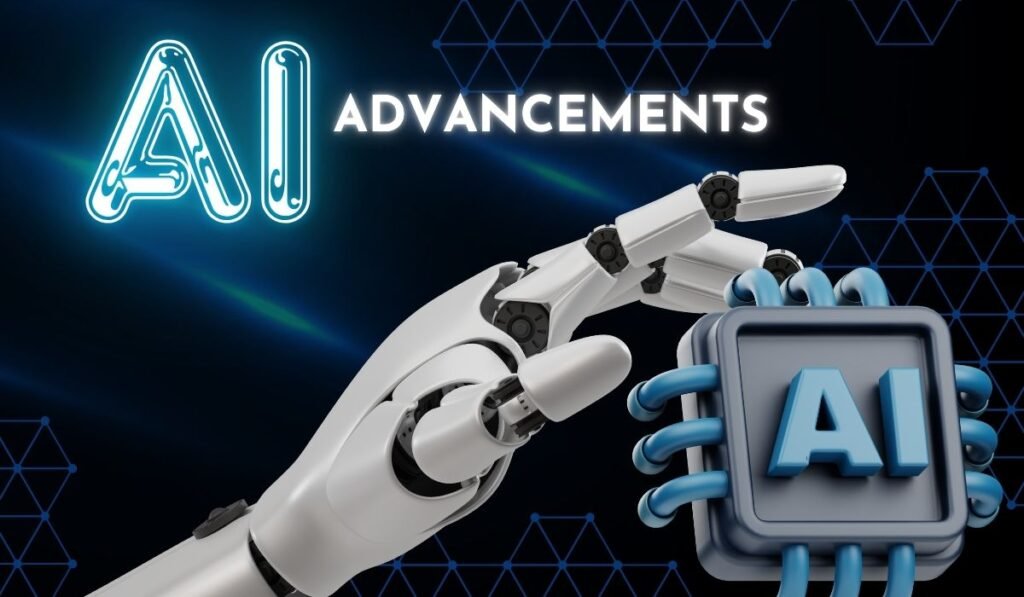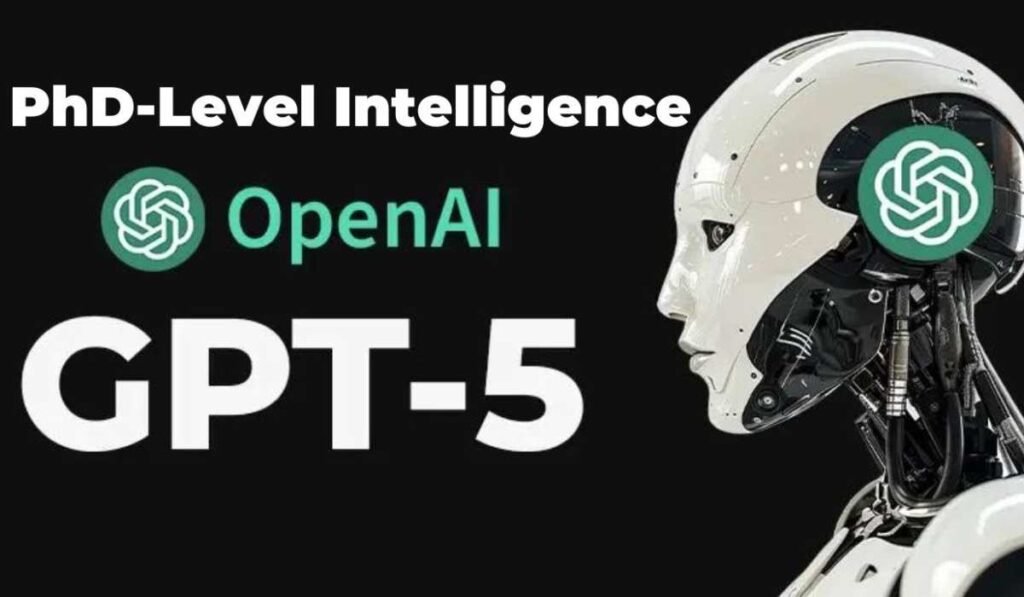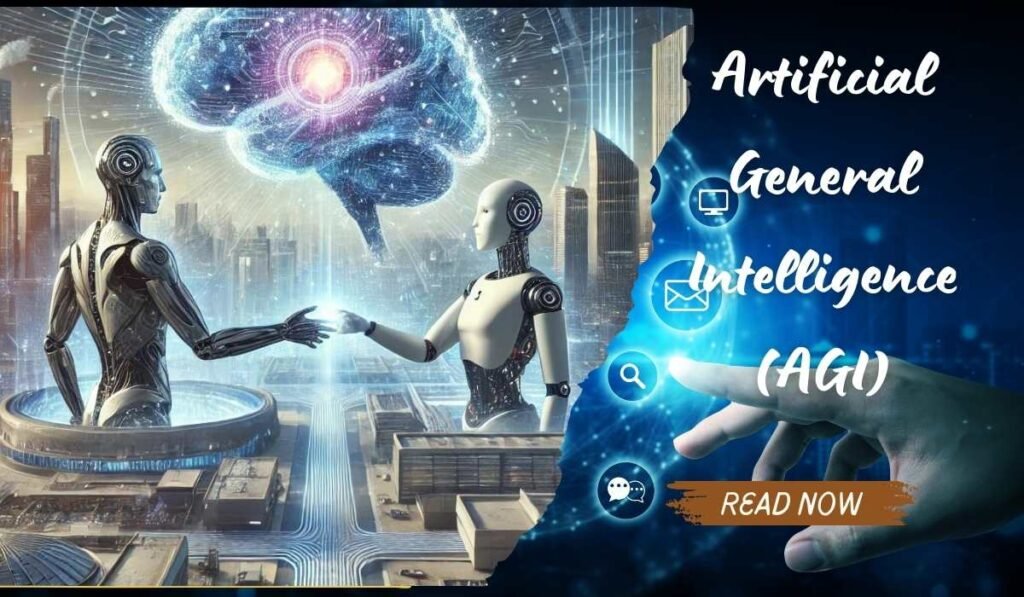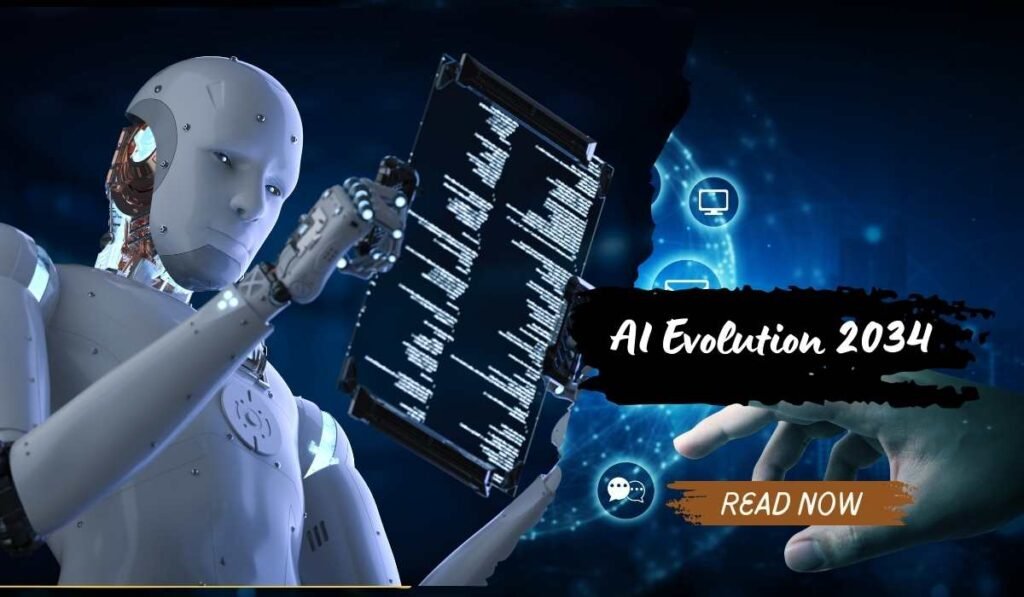Imagine waking up in 2030 to a world where your coffee machine knows exactly when to start brewing your favorite blend, your car drives itself, and your doctor’s diagnosis is aided by an artificial intelligence as smart as any human specialist. This isn’t science fiction—it’s the future of AI that experts are predicting for the end of this decade.
Artificial intelligence has already made impressive strides in areas like image generation, natural language processing, and healthcare. But the AI advancements expected by 2030 are set to revolutionize our world in ways we’re only beginning to imagine. Let’s dive into the top 10 AI trends that could reshape our lives in the near future.
1. The Rise of Human-like AI
By 2030, we may witness a profound breakthrough in AI development—artificial intelligence achieving intelligence levels comparable to humans. This isn’t just about raw processing power; it’s about machines that can emulate human-like thinking, decision-making, and problem-solving.
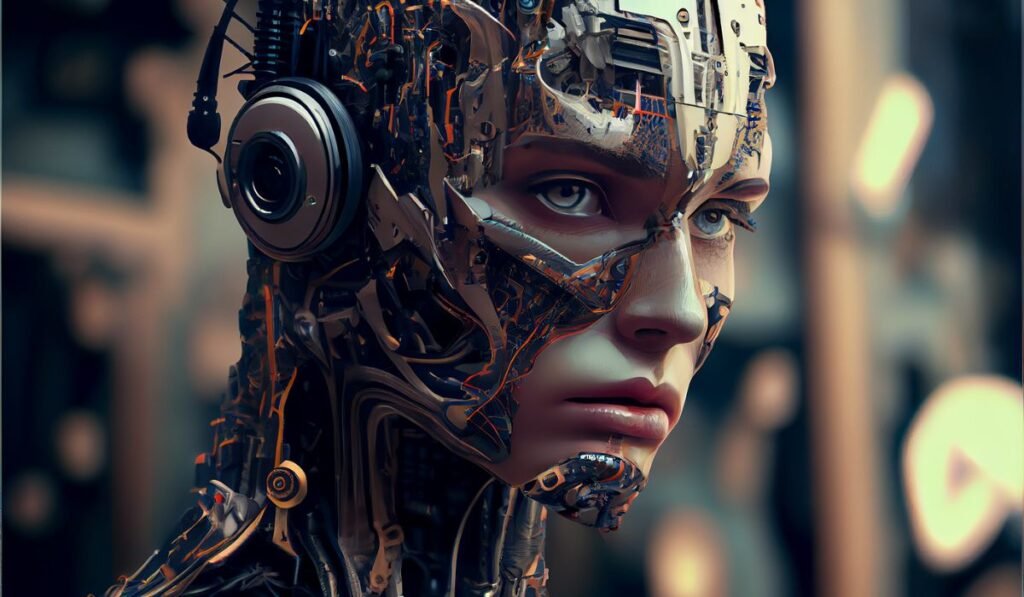
Key impacts of human-like AI:
- Enhanced decision-making across industries
- Revolutionized problem-solving capabilities
- Boost in productivity and efficiency
Imagine AI systems in healthcare diagnosing diseases with the accuracy of experienced specialists, or financial AIs predicting market trends and recommending investment strategies based on complex data analysis. The potential applications are vast and could transform everything from scientific research to creative arts.
2. Increased Human-AI Synergy
The relationship between humans and AI is expected to evolve significantly by 2030. Rather than just being tools, AI systems will become personal assistants, teachers, counselors, and even friends. This collaboration will enhance human capabilities, foster innovation, and boost creativity across various sectors.
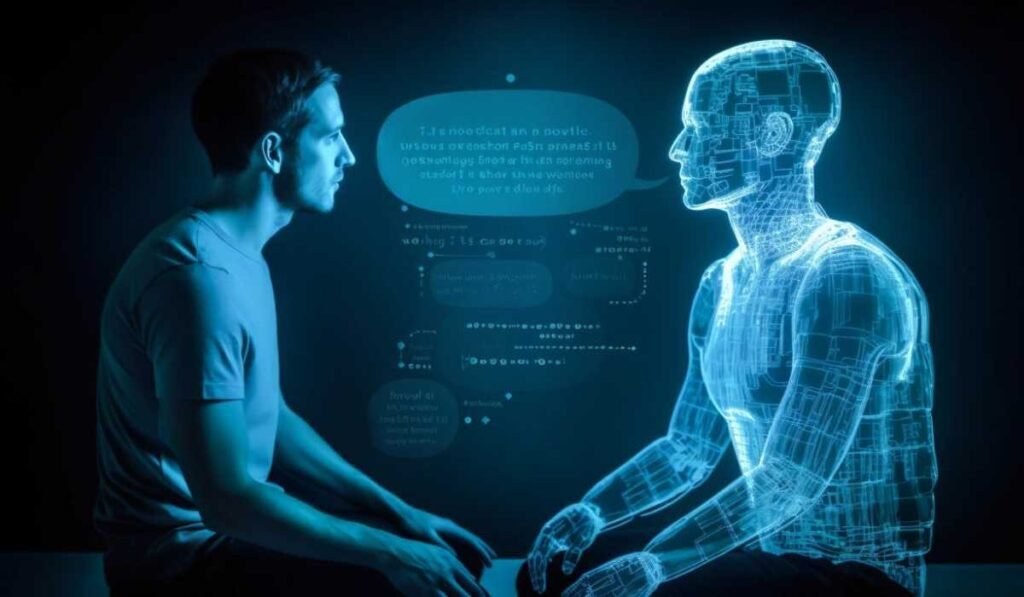
Areas of human-AI collaboration:
- Healthcare: Faster and more accurate diagnoses
- Education: Personalized learning experiences
- Entertainment: Customized content creation
- Customer service: Improved interactions and assistance
3. The Emergence of the Metaverse
The concept of the Metaverse is set to become a reality by 2030, transforming how we interact and engage online. This virtual universe will offer immersive digital environments where people can socialize, work, and access a wide range of experiences.
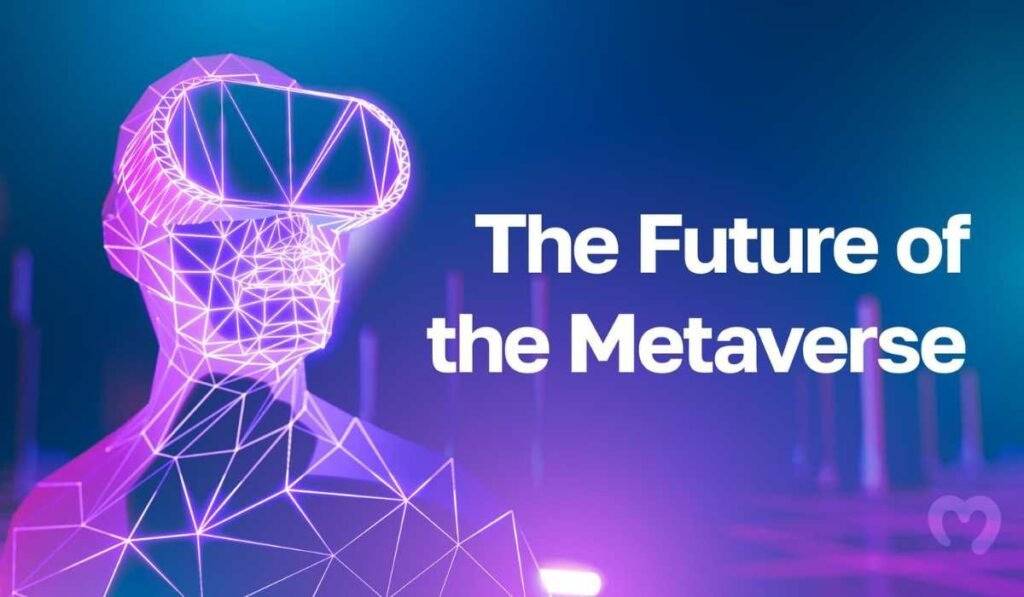
AI’s role in shaping the Metaverse:
- Creating highly realistic virtual environments
- Enabling personalized experiences
- Powering responsive virtual characters
- Facilitating natural interactions through conversational AI agents
4. AI Integration in Everyday Devices
By 2030, AI is expected to be ubiquitous in our daily lives, integrated into various devices and appliances. This widespread adoption will make our homes smarter, our wearables more intuitive, and our interactions with technology more seamless.
Examples of AI-enhanced devices:
- Smart home appliances that learn and anticipate user preferences
- Wearable technology providing real-time assistance and feedback
- Autonomous robots and drones for tasks like package delivery and healthcare assistance
5. Advancements in Autonomous Vehicles
The development of fully self-driving vehicles is expected to reach new heights by 2030. Companies like Tesla are leading the charge towards a future where cars can navigate busy streets without human intervention.
Impacts of autonomous vehicle advancements:
- Improved road safety
- Reduced traffic congestion
- Enhanced transportation accessibility
- Optimized routes for reduced emissions
- Redesigned city layouts
- Transformed logistics and delivery services
6. Massive Job Market Transformation
While AI advancements bring numerous benefits, they also pose challenges. By 2030, AI could potentially displace around one billion jobs globally, surpassing the historical shift from agricultural to industrial economies.
Key points on job market transformation:
- Automation of roles in driving, machine operation, and certain legal tasks
- Need for workforce retraining and reskilling
- Potential exacerbation of income inequalities
- Government intervention required for workforce protection and re-education
7. Enhanced Medical Treatments
AI is set to revolutionize healthcare by 2030, offering more personalized and effective treatments. By analyzing vast amounts of medical data, AI will enable healthcare providers to offer tailored treatments suited to each patient’s unique needs.
AI-driven healthcare advancements:
- Early disease detection
- More accurate diagnoses
- Personalized medicine and therapies
- Accelerated drug discovery
- Optimized treatment effectiveness
- Minimized side effects
8. Advanced Biometric Technology
Biometric technology is expected to become more accurate and widespread by 2030. Instead of relying on passwords or ID cards, biometrics could be used for seamless and secure authentication in various aspects of daily life.
Biometric technology advancements:
- Improved accuracy in fingerprint, iris, and facial recognition
- Biometric wearables for health monitoring
- Enhanced privacy through improved encryption and secure storage
- AI-powered analysis of biometric data for personalized healthcare and security solutions
9. The Enhancement of Deepfakes
While deepfakes pose significant threats to information integrity, by 2030, we can expect advancements in both deepfake creation and detection technologies. This dual progress will necessitate robust methods to authenticate media and protect against deceptive practices.
Challenges and solutions for deepfakes:
- Development of advanced detection technologies
- Implementation of ethical guidelines and regulatory measures
- Collaboration between tech developers, policymakers, and communities to maintain digital trust
10. Emotion Recognition Technology
By 2030, emotion recognition is expected to be a common feature in various AI applications. This technology will enable systems to understand human feelings by analyzing facial expressions, tone of voice, and body language.
Applications of emotion recognition AI:
- Enhanced customer service interactions
- Improved healthcare diagnostics and patient care
- Personalized educational experiences
- More empathetic and responsive AI systems
As we approach 2030, these AI advancements promise to reshape our world in profound ways. From transforming industries to enhancing our daily lives, the future of AI holds both exciting possibilities and important challenges. As we embrace these technologies, it will be crucial to address ethical considerations, ensure equitable access, and prepare for the societal changes they will bring.
The journey towards 2030 is sure to be filled with groundbreaking innovations in AI. By staying informed and adaptable, we can harness the power of these advancements to create a more efficient, connected, and intelligent world.
Human-like AI represents a breakthrough in AI development where machines emulate human thinking and decision-making. This could enhance decision-making across various industries, revolutionize problem-solving capabilities, and significantly boost productivity.
By 2030, AI is expected to evolve from mere tools to personal assistants, teachers, and counselors, fostering innovation and creativity, improving personalized learning, and enhancing customer service interactions.
AI will create highly realistic virtual environments, enable personalized experiences, power responsive virtual characters, and facilitate natural interactions through conversational AI agents, thereby transforming online engagement.
AI will be ubiquitous in daily life, enhancing smart home appliances, wearables, and autonomous robots, making technology more intuitive and interactions more seamless.
By 2030, fully self-driving vehicles are anticipated to improve road safety, reduce traffic congestion, enhance transportation accessibility, and optimize routes, transforming logistics and delivery services.
AI could displace around one billion jobs globally, necessitating workforce retraining and reskilling, potentially exacerbating income inequalities, and requiring government intervention for workforce protection.
AI will enable early disease detection, more accurate diagnoses, personalized medicine, accelerated drug discovery, and optimized treatment effectiveness, resulting in tailored healthcare solutions.
Biometric technology will become more accurate with improved methods for fingerprint, iris, and facial recognition, alongside enhanced privacy measures and AI-powered analysis for healthcare and security.
Emotion recognition will enable AI systems to understand human feelings, enhancing customer service, improving healthcare diagnostics, personalizing education, and making AI interactions more empathetic.
To combat the threats from deepfakes, advanced detection technologies, ethical guidelines, and collaboration among tech developers, policymakers, and communities are essential to maintain digital trust.

